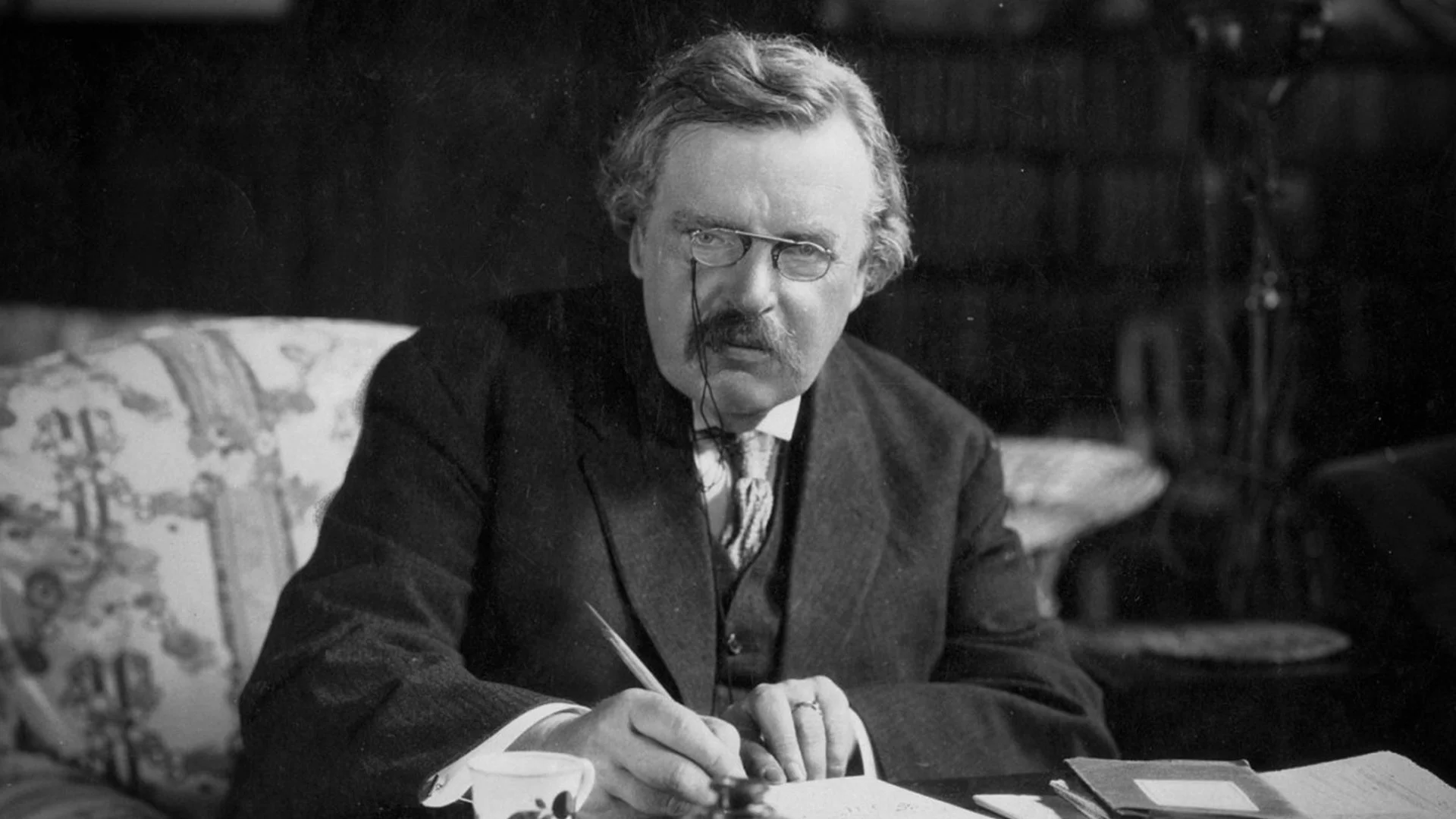Positive leadership is not about making the best decisions or casting the most compelling vision for the organization. These may lead to success, but one can be successful organizationally or financially and at the same time be known as someone to avoid or for their negative attitude. A positive leader is one who elicits positive emotions from his reports and coworkers. This means that positive leadership is a product of a leader’s relationships, for it is in knowing, helping and serving people that he can elicit a compelling and uplifting emotional response.
Positive leaders approach each interaction as an opportunity to grow the worker, communicate vision, and reinforce values. This style of leadership helps to create emotionally healthy workers. Those who don’t vent strong feelings to others at work contribute to a better work environment. Emotionally healthy workers have patience, resist impulsive behavior, and don’t react in fear or anger. These traits come, in part, from a leader who encourages emotional health and acts in a manner that helps to bring it about. Consider how a positive leader…
Always encourages. A positive leader looks for ways to encourage versus criticize. To get the best of out people he emphasizes the best in them. Romans 15:5 says, “May the God who gives endurance and encouragement give you the same attitude of mind toward each other that Christ Jesus had.” This reminds faith-centered leaders that they are to be of encouragement to others as Christ Himself has been of encouragement to them. By adopting this same attitude, the positive leader seeks to encourage at every opportunity.
Models servanthood. Positive leadership is often embodied in the servanthood of the leader, one who is “in the trenches” and with his people instead of hovering above them. Here again Christ gives an example saying, “For who is the greater, one who reclines at table or one who serves? Is it not the one who reclines at table? But I am among you as the one who serves” (Luke 22:27). The positive leader views his reports as people he can support through his actions versus a team simply designed to follow his instructions.
Prays for those he leads. Unique to the faith-centered leader is the positive characteristic of prayer. When a leader prays for his people, he takes interest in their personal and spiritual health. Prayer is petitioning God on behalf of others and an earnest desire to see God’s best for them. 1 Timothy 2:1 says, “First of all, then, I urge that supplications, prayers, intercessions, and thanksgivings be made for all people…” This positions prayer as a foundational element in positive leadership. When the leader prays, he is asking God for productive and spiritually-enriching outcomes in the lives of others.
Gilbert Keith Chesterton was an English Apologist. His sharp writing style made him a prominent figure in earth twentieth century literature. Among his works were Orthodoxy and The Everlasting Man.
Here are some great books that will raise your level of effectiveness and impact as a Men’s Table Leader. Click a book to purchase directly from Amazon.com.
Ray Dalio is an American billionaire. He is the founder of Bridgewater Associates, the world’s largest hedge fund, and has run it since 1975. Dalio is the author of Principles of Life and Work, a 2017 New York Times bestselling book.
“You can’t fix stupid!” In other words, you can’t force someone to make a good decision. Ancient history’s greatest leaders often did the stupid thing.
A good listener must be people oriented, genuinely interested in others. He must be empathetic, equally concerned with the well-being of those around him.
Many leaders who have a relationship with God want to experience the blessings of God. We ask God for blessings. We pray about it and we earnestly seek God’s best.
The reason we called a leadership transition “succession” is that it is a forward-looking process. Every generation of leader will face new and different obstacles, challenges and goals. Looking back to recreate past success will fail.
“The greatest among you will be your servant. For those who exalt themselves will be humbled, and those who humble themselves will be exalted” (Matthew 23:11-12).
Leadership is not a set of character traits. You can have integrity, honesty, initiative, compassion–any number of positive and godly personal values, and still not be a leader (though character and leadership are closely related).
Leadership Ministries provides curriculum for our Men’s Tables. The curriculum is designed to be simple, short, and easy to use, to minimize the amount of preparation required by the Table Leader.
When a sculptor completes his work in clay, he prepares to make a mold of the piece so he can recreate it. He’ll have to do something to his artistic work to make this happen, and that is to cut it apart.
Thomas Paine (1737-1809) was an English-born Founding Father of the United States. An inventor and philosopher, he authored Common Sense, a pamphlet that was influential at the start of the American Revolution.
As Jesus began teaching on earth, His words about leadership and leading were shocking. In fact, they were so at odds with religious leaders of the time, they believed Jesus could not possibly be the Savior they were hoping and waiting for.
There are a number of avenues to go deeper and explore a bible topic for leadership that might be specific to your table group. Is it okay for a table leader to deviate from what is provided? Yes, of course!
Aristotle (384-322 BC) was an ancient Greek philosopher. His writings cover a broad range of subjects spanning the natural sciences, philosophy, linguistics, economics, politics, psychology, and the arts.
A hack is a clever trick or shortcut for accomplishing something. There are hacks for smartphones and cooking and driving. What about in your leadership? Is being a good leader something that has hacks?
The key facet of leadership development—that is, investing in others for the purpose of seeing them exhibit excellence through their own lives and leadership—is “baked in” to New Testament teaching.
Here are some common questions we receive from table leaders, and some suggestions for how to maintain best practices and grow in life and leadership.
American politics is getting more intense and divisive by the day. The democratic tradition of debate and discourse, leading to compromise and unity, is all but gone in the US. Instead, we gather into tribes based on deeply held political beliefs, we deride the opposition.
Jesus and His disciples traveled and ministered together, day and night, for three years. We don’t know of all the meals they had together, the conversations as the walked from town to town, or what Jesus said when they fished, and started campfires, and woke up in the mornings.
William Whiting Borden (1887-1913) was an American philanthropist, millionaire and Christian missionary. Borden surrendered his life to Christ as a child as a result of the witness of his mother. Borden wrote three phrases in his Bible that defined his life: “No reserves. No retreats. No regrets.”
Dietrick Bonhoeffer (1906-1945) was a German pastor, theologian and anti-Nazi dissident. He was opposed to Hitler’s genocide of the Jews, and ran “underground seminaries” during the war. In 1943 he was imprisoned by the Gestapo. Bonhoeffer was executed in the spring of 1945.
The table is an amazing leadership development platform. Our time at a Friday Morning Men’s Fellowship table is designed around three key words and actions that will help you grow in relational leadership.
As a leader, you’re not over a what, but a who. To lead is to influence others in a way that helps them grow personally, professionally and spiritually. Leadership is fundamentally about influencing people.
When performance trumps people, an eclipse of leadership occurs. The leader himself overshadows the team. His priorities, ideas, thoughts, decisions, become the elements of first importance.
Charlemagne (747-814) united the majority of Western and Central Europe during the Middle Ages. People call him the “Father of Europe,” and the Pope made him the first Holy Roman Emperor.
When a C-suite staff member moves on or retires, it takes an average of four months, and can cost thousands of dollars, to find a replacement. Yet, 50-70% of all executive searches fail. They end with the new hire being unsuccessful and leaving the position.
Salvation through Christ is a gift of grace. Christ Himself is described as “full of grace” (John 1:14). A common definition of grace as used throughout the Bible is undeserved favor.
Charles Haddon Spurgeon (1834 – 1892) was an English pastor of the New Park Street Chapel (later renamed Metropolitan Tabernacle) in London for 38 years. He became known as the “Prince of Preachers” for his spellbinding sermons, which sometimes ran two hours or more.
































Fidelity is rare. It requires our allegiance to something greater than ourselves. The value of fidelity to a leader is not a loyalty that just serves customers or a company. Rather, it is fidelity to one’s character and values.